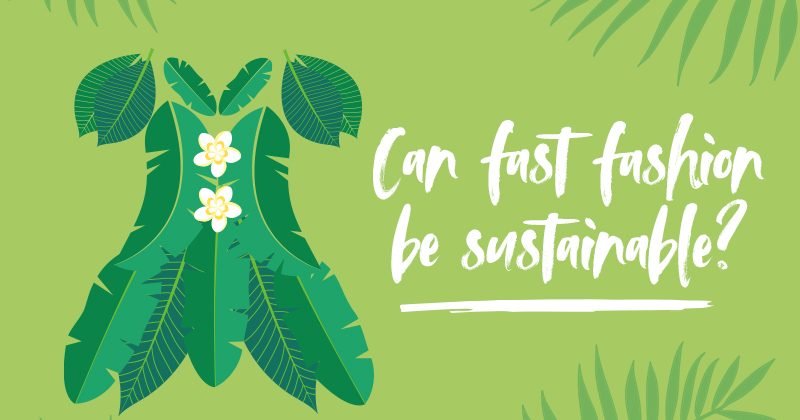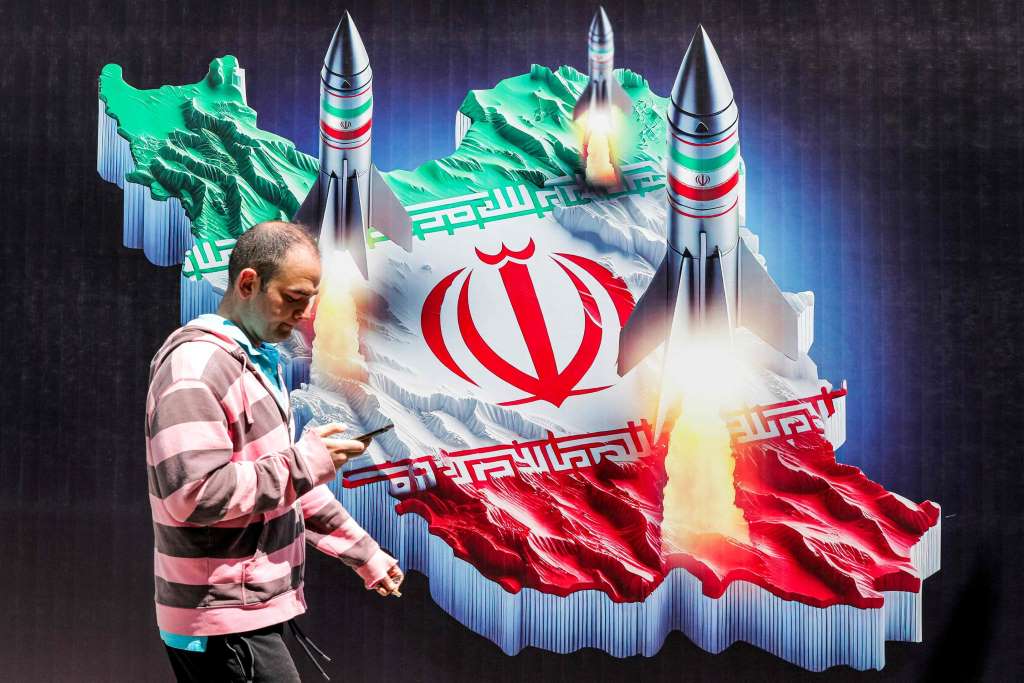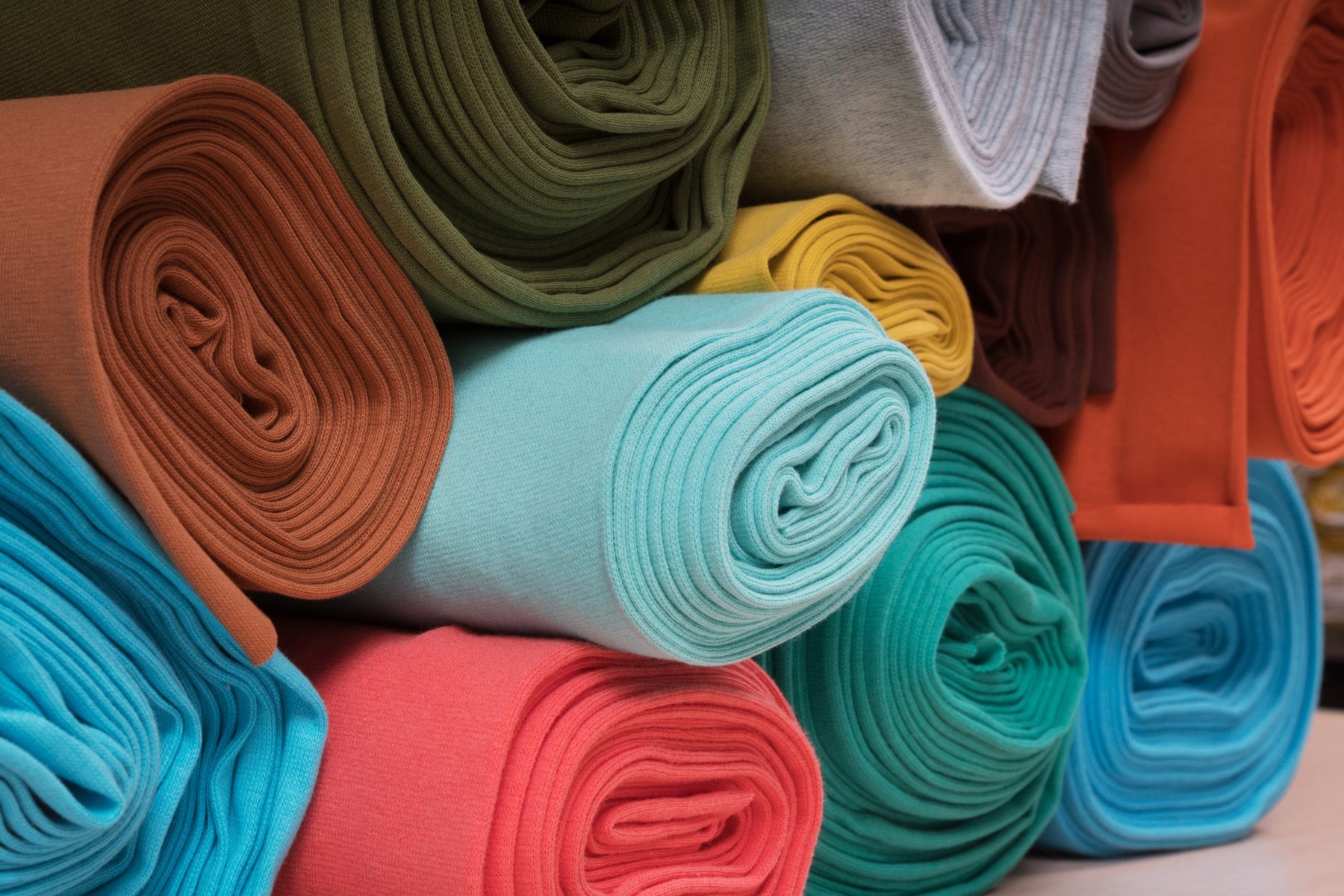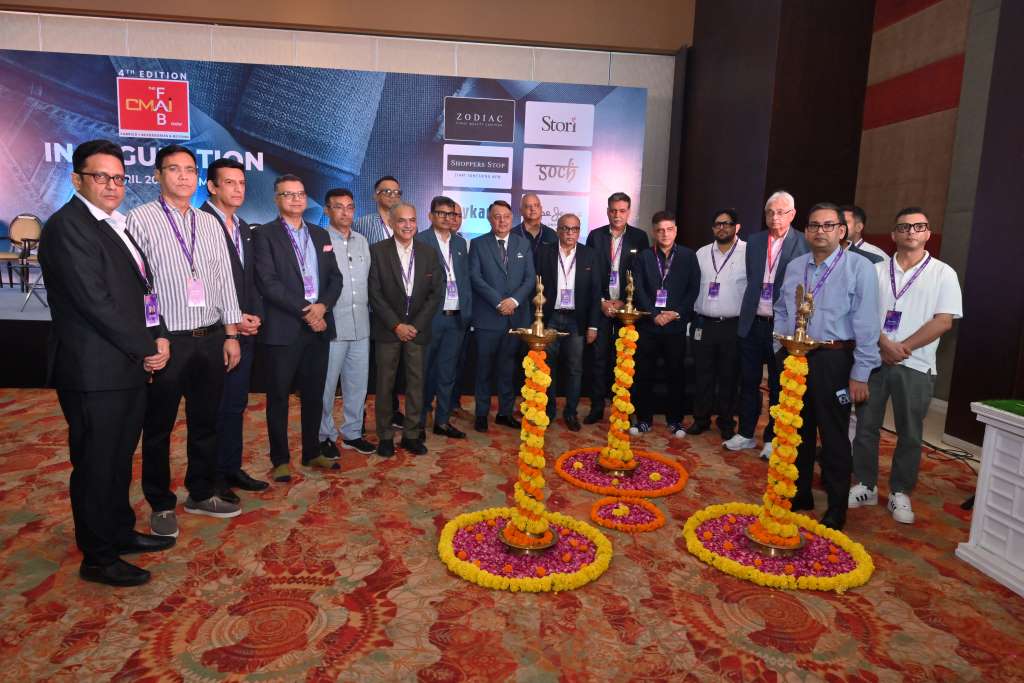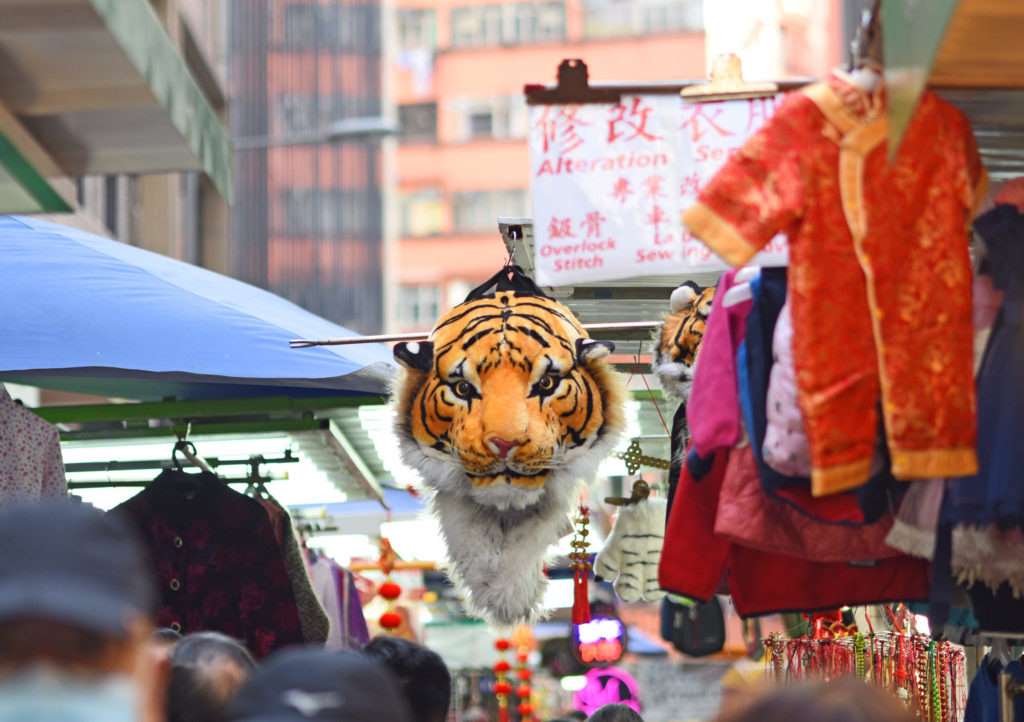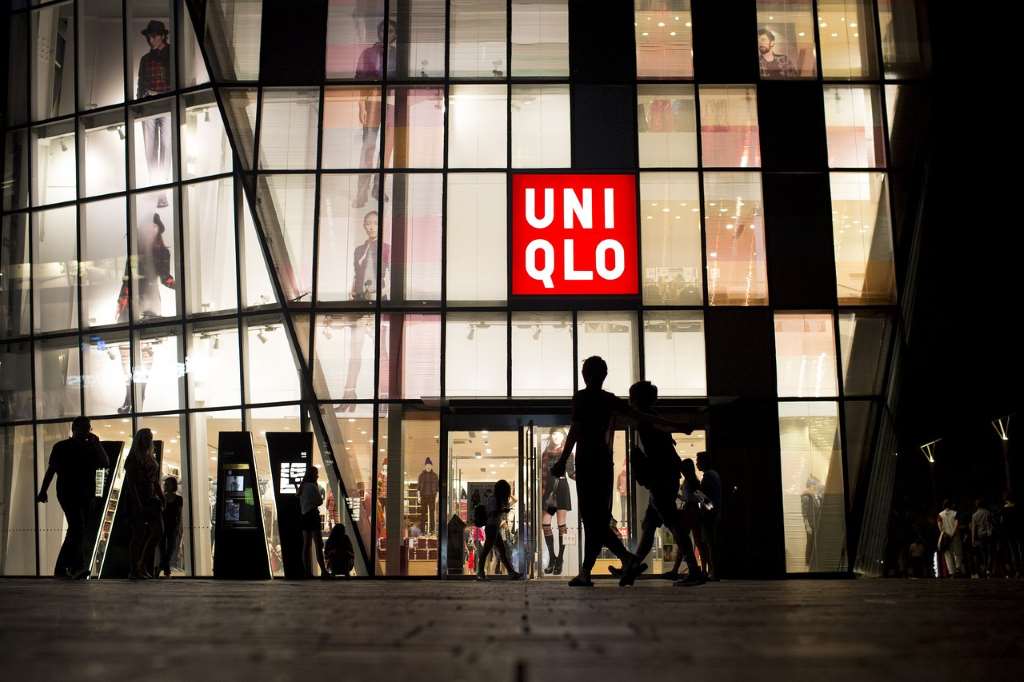GST has led to a hike of 25 to 30 per cent in the cost of Chikan garments. Chikan goods had been exempt from tax since independence but now they are in the taxable category of readymade clothes.
Manufacturers have to start paying a 12 per cent service tax for employing artisans for various steps of manufacturing chikan clothes. There are 11 processes before the embroidered cloth finally reaches customers, including cutting, sewing, printing, embroidery, washing, charak etc and more than six workers are employed at each step, so there is bound to be a proportionate hike in the cost of garments.
With the implementation of GST, the process and equipment for chikan embroidery is costlier, so until the picture is clear traders are not placing any fresh orders. Chikan garments below Rs 1,000 will now come under the five per cent tax bracket and those costing more will be taxed at the rate of 12 per cent.
Fabrics and yarn, the two most essential items for the business, are now taxable at the rate of five per cent. The word chikan is probably derived from the Persian word chikin or chikeen, which means a kind of embroidered fabric. This art has its own royal significance covering the Mughal period to the era of the Oudh nawabs, later growing as a fashion-centric form of needlecraft recognised the world over.
Chikan garments costlier
- 1
- 2
- 3
- 4
- 5
- 6
- 7
- 8
- 9
- 10
US retail sales on the rise, but fashion sector growth murky
American consumers are opening their wallets again, with retail sales experiencing a modest uptick in recent months. According to the... Read more
The Fast Fashion Conundrum: Profits soaring, sustainability stalling
The story of Shein's soaring profits in 2023 presents a fascinating paradox. While a growing number of consumers, particularly millennials... Read more
Wall Street and the Seduction of Sexy Calvin Klein Ads: Hype or performance boos…
The recent Calvin Klein campaign featuring Jeremy Allen White in his skivvies has set the fashion world abuzz. But can... Read more
Looming Iran-Israel conflict threatens to unravel global apparel trade
The already fragile global garment industry faces fresh challenges as tensions escalate between Iran and Israel. This adds another layer... Read more
Fabric Stock Services: A rising trend but not a replacement
The fashion industry is notorious for waste. Unsold garments and excess fabric often end up in landfills. Fabric stock services... Read more
CMAI’s FAB Show 2024 inaugurated with industry giants
The 4th edition of the Fabrics Accessories & Beyond Show 2024 (FAB Show), hosted by the Clothing Manufacturers Association of... Read more
Asian Apparel Exports: A tale of four tigers, one lagging behind
The apparel industry in Asia presents a fascinating picture of contrasting fortunes. While Bangladesh, Vietnam, and Sri Lanka have seen... Read more
Roberto Cavalli: A legacy of bold prints and unbridled glamour
Roberto Cavalli, the iconic Italian designer who passed away on April 12, 2024, leaves behind a rich legacy. Cavalli was... Read more
Candiani & Madh unveil first regenerative cotton jeans
In a move towards sustainable fashion, Swedish denim brand Madh has partnered with Italian producer Candiani Denim to introduce the... Read more
Uniqlo trims China footprint while chasing growth
Uniqlo's story in China is one of explosive growth. Entering the market in 2002, it capitalized on the country's rising... Read more


